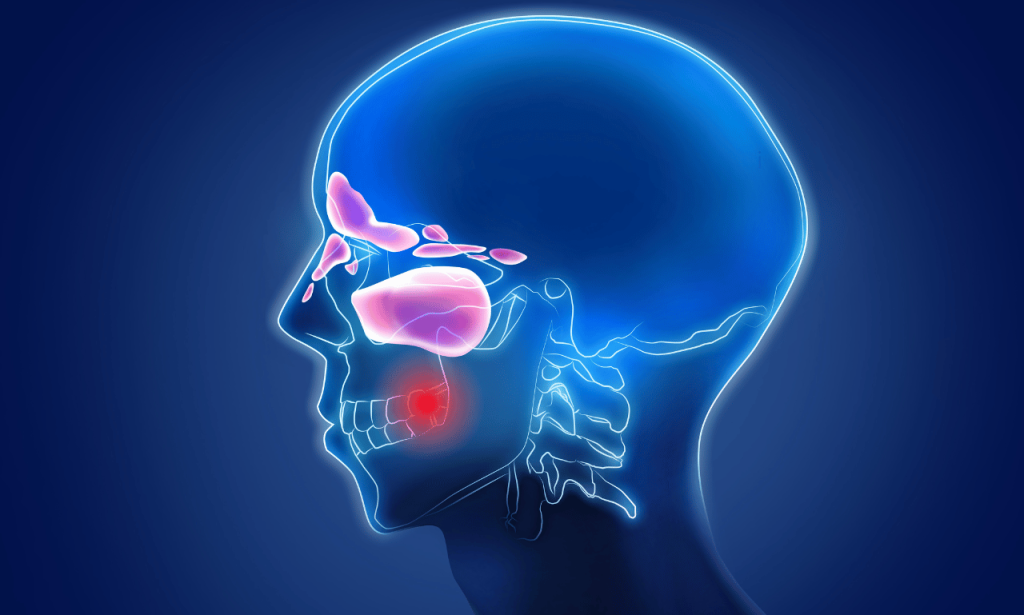Sinus tooth pain can be a frustrating and uncomfortable experience. In this comprehensive guide, we will explore how to relieve sinus tooth pain caused by sinus pressure and find pressure relief using various methods that address both the sinuses and related dental problems.
This type of discomfort often occurs when inflammation in the sinus cavities exerts pressure on the dental nerve endings, causing a painful sensation in the teeth, particularly in the upper jaw.
Understanding the relationship between sinusitis and dental issues is crucial in finding effective relief.
If you’re looking for a solution to support your dental health and overall well-being, consider ProDentim, a product designed to promote oral hygiene and health. With its powerful combination of natural ingredients, it’s a great way to ensure your teeth and gums remain in top condition. Learn more by visiting this link: ProDentim.
Sinus Tooth Pain and Its Causes

Tooth pain caused by sinus pressure is a common complaint, especially during episodes of sinus inflammation or infection. Sinuses are pairs of air-filled spaces located in the facial bones, and they include the maxillary, frontal, ethmoid, and sphenoid sinuses.
The maxillary sinuses, which are located near the roots of the upper rear teeth, are most often responsible for sinus toothaches.
When the sinus cavities become congested due to a sinus infection or sinusitis, inflammation can press against the nerves running through the upper jaw, causing dental pain. It’s important to distinguish sinus tooth pain from regular toothaches caused by dental problems such as cavities, gum disease, or tooth decay.
A proper diagnosis can help determine the source of your tooth pain and guide the most appropriate treatment plan.
Common Symptoms of Sinus Tooth Pain
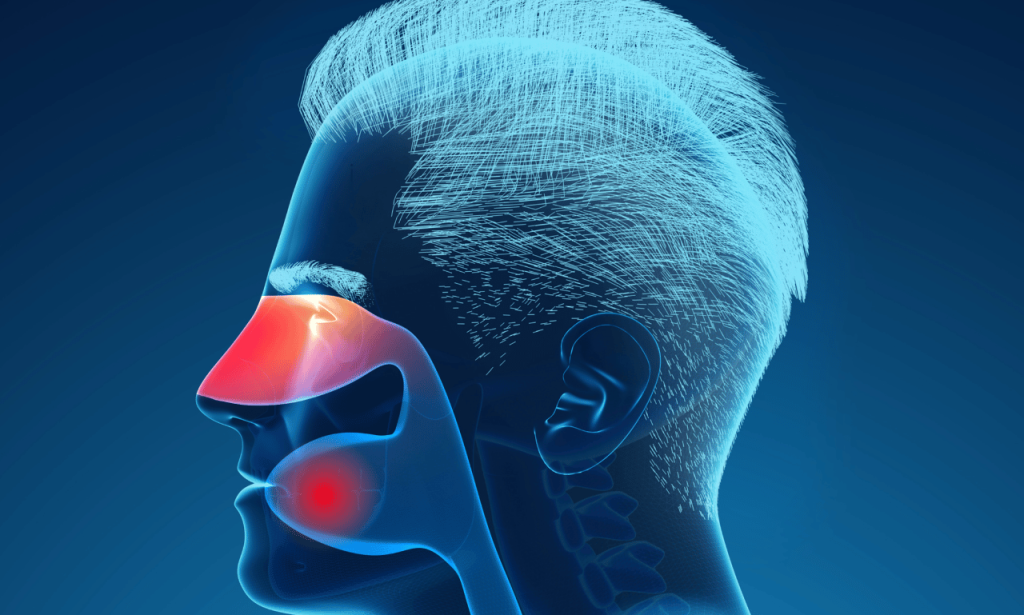
Sinus-related tooth pain is usually accompanied by other sinusitis symptoms, such as:
- Nasal Congestion: A stuffy nose is one of the most common sinus infection symptoms or sinus issues.
- Facial Pain: Pain around the cheeks, forehead, and eyes can occur due to sinus inflammation and pressure.
- Runny Nose: Excess mucus production is a hallmark of sinusitis and can contribute to postnasal drip.
- Sore Throat: Postnasal drip, when mucus runs down the back of the throat, can cause irritation and soreness.
- Mucus Buildup: Thick mucus blocking the nasal passages can lead to pressure buildup in the sinus cavities.
- Upper Jaw and Tooth Pain: The maxillary sinuses are located above the upper rear teeth, and inflammation in this area can cause dental discomfort.
If you’re experiencing sharp pain, constant aches, or pressure in your upper molars, it’s likely due to sinus inflammation rather than a dental issue like tooth decay. However, visiting a dentist to rule out dental infections is still a good idea.
How Sinus Infections Lead to Tooth Pain
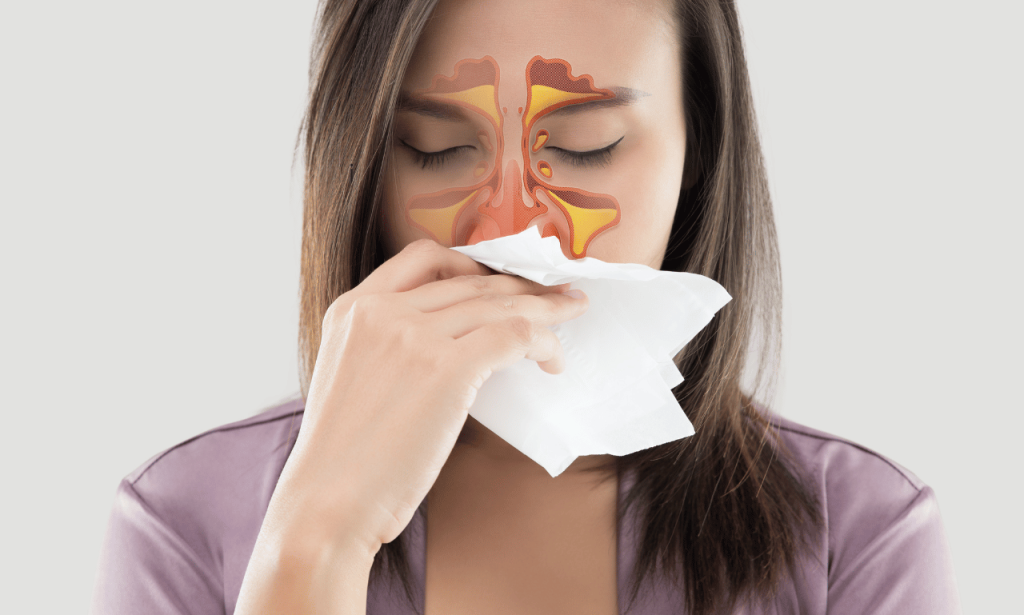
Sinus infections, also known as sinusitis, occur when the nasal passages become inflamed due to bacterial infection, viral infection, or allergies. The inflammation often causes mucus buildup, creating pressure within the sinuses.
Since the maxillary sinuses sit directly above the upper molars, this pressure can press on the roots of the teeth, leading to sinus tooth pain.
Tooth pain that results from sinus issues is typically felt in the upper back teeth, but it can radiate to other areas of the mouth. Additionally, sinus toothaches can worsen with certain movements, such as bending forward or lying down, because these actions increase sinus pressure.
Home Remedies for Relieving Sinus Tooth Pain
While treating the underlying cause of your sinus issues is essential, there are several home remedies you can try to relieve sinus tooth pain temporarily. These remedies aim to reduce sinus inflammation, decongest the nasal passages, and alleviate pressure on the dental nerve endings.
1. Saline Solution and Nasal Irrigation
Nasal irrigation using a saline solution or a neti pot is one of the most effective ways to relieve sinus pressure and clear the nasal passages. The saline solution helps flush out excess mucus, bacteria, and allergens from the sinus cavities, reducing inflammation and relieving sinus-related tooth pain.
Regular nasal irrigation can also help prevent chronic sinus infections and improve the overall quality of life for those with recurring sinus problems.
2. Warm Compress
Applying a warm compress to your face can help reduce sinus pain and alleviate dental discomfort. The warmth promotes blood flow to the affected area, easing sinus inflammation and loosening mucus. Place a warm, damp cloth over your upper jaw and cheeks for 10 to 15 minutes to relieve sinus pressure and reduce tooth pain.
3. Steamy Showers and Moist Air
Inhaling moist air from a steamy shower can help thin mucus and open up the nasal passages, providing temporary relief from sinus pressure. A humidifier can also help maintain a warm, moist environment, which is beneficial for keeping the sinuses clear. Keeping your nasal passages hydrated can prevent mucus buildup and sinus blockages.
4. OTC Decongestants and Nasal Sprays
Over-the-counter (OTC) decongestants and nasal sprays can provide temporary relief from sinus tooth pain by reducing swelling in the nasal passages and sinuses. Decongestants work by constricting the blood vessels in the nasal canal, which reduces mucus production and relieves sinus pressure.
Be sure to follow the instructions carefully, as overuse of decongestant nasal sprays can lead to a rebound effect, causing more congestion.
5. Spicy Foods
Eating spicy foods, such as those containing chili peppers or horseradish, can help clear the sinuses and promote mucus drainage. Spicy foods cause the nasal passages to open up, allowing mucus to flow more freely and reducing sinus pressure. This can provide short-term relief from sinus tooth pain.
6. Stay Hydrated: Lots of Water and Coconut Water
Drinking plenty of water is essential for thinning mucus and keeping the nasal passages clear. Staying hydrated helps maintain the mucus layer in the sinuses, preventing thick mucus buildup that can cause sinus blockages and pressure. Coconut water is a great way to stay hydrated while replenishing electrolytes, especially if you’re dealing with a sinus infection.
7. Vitamin C and Fatty Acids
Boosting your immune system with vitamin C and omega-3 fatty acids can help your body fight off sinus infections and reduce inflammation. Foods rich in vitamin C, such as oranges, kiwi, and bell peppers, support immune function, while fatty acids found in fish like salmon and mackerel have anti-inflammatory properties.
8. Postnasal Drip Remedies
Postnasal drip is a common symptom of sinus infections that can contribute to a sore throat and sinus toothache. Gargling with warm salt water can help alleviate throat irritation caused by postnasal drip, while saline nasal sprays can help clear out excess mucus from the nasal passages.
Medical Treatment for Sinus Tooth Pain
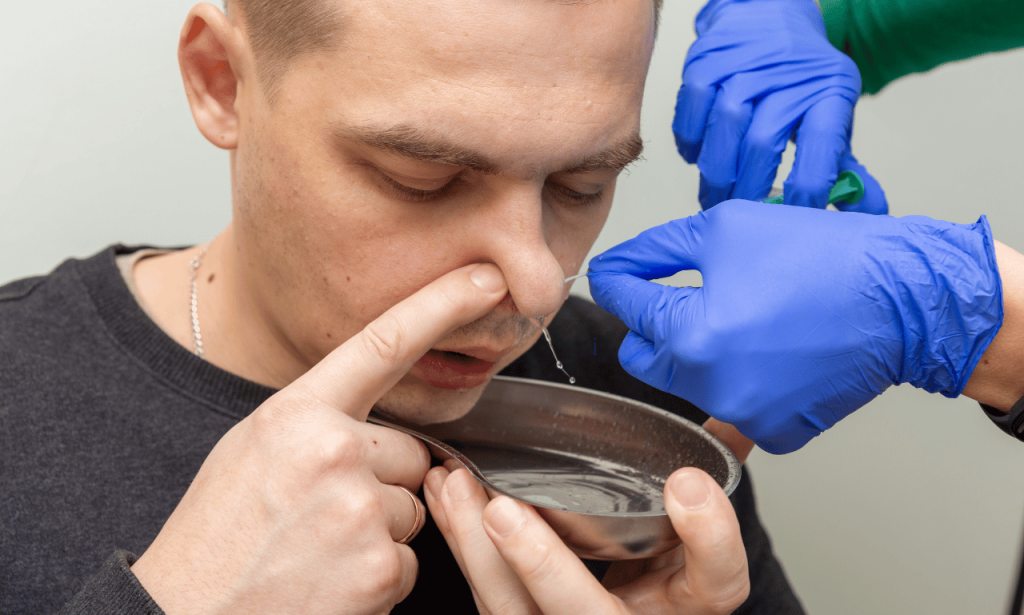
If home remedies don’t provide sufficient relief, medical treatment may be necessary to address the underlying sinus condition and eliminate tooth pain. Here are some medical options:
1. Antibiotics for Bacterial Infection
If your sinus tooth pain is caused by a bacterial infection, your doctor may prescribe antibiotics to clear the infection. It’s important to complete the entire course of antibiotics to ensure the infection is fully treated and to prevent the development of chronic sinusitis.
2. Prescription Nasal Sprays
In cases of severe sinus inflammation, prescription nasal sprays containing corticosteroids may be recommended. These sprays help reduce inflammation in the sinus cavities and nasal passages, providing longer-lasting relief from sinus pressure and tooth pain.
3. Surgery for Chronic Sinus Infections
For individuals with chronic sinus infections that do not respond to conservative treatments, surgery may be necessary to improve sinus drainage. Endoscopic sinus surgery can remove blockages, polyps, or other obstructions that are causing sinus problems, resulting in better airflow and reduced pressure on the dental nerve endings.
When to See a Doctor or Dentist

If you’re unsure whether your tooth pain is related to sinus issues or a dental problem, it’s essential to consult both a doctor and a dentist for a proper diagnosis. A dentist can evaluate your teeth for signs of cavities, gum disease, or other dental issues, while a doctor can assess your sinus condition.
Persistent or severe pain, sharp pain, and dental infections require immediate medical attention to prevent complications.
Signs That You Need Medical Attention:
- The tooth pain persists despite using home remedies and OTC medications.
- You experience a fever, indicating a possible bacterial infection.
- Swelling or redness develops in the face or gums.
- You have a sharp, stabbing pain in a single tooth (indicating a potential tooth infection).
- There is noticeable pus discharge from the gums or sinuses.
Preventing Sinus Tooth Pain
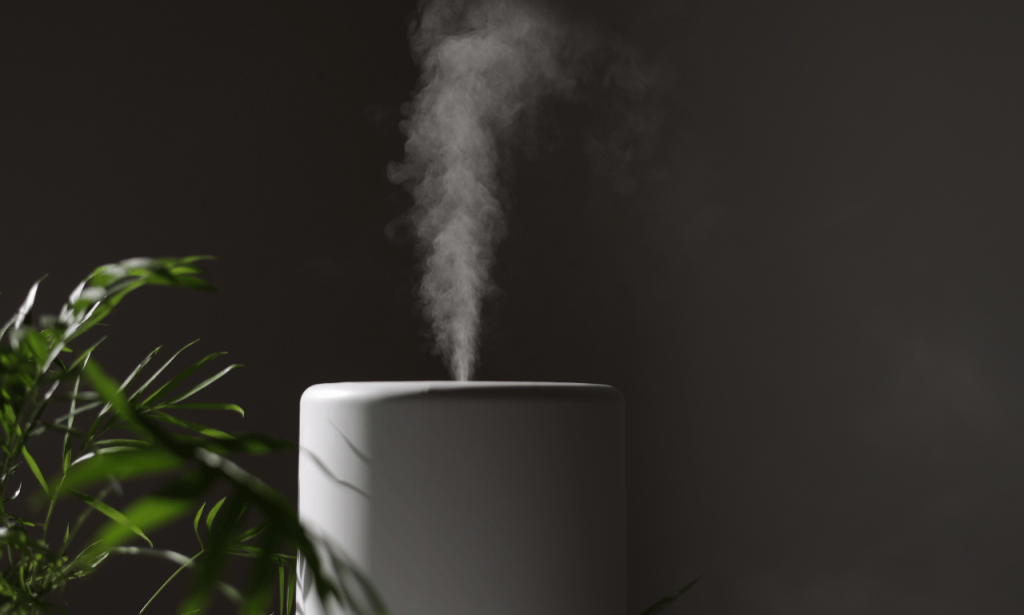
Taking steps to prevent sinus infections and dental issues can help reduce the risk of sinus-related toothaches. Here are some tips to prevent sinus tooth pain:
- Practice good oral hygiene, including regular brushing, flossing, and dental check-ups, to prevent tooth decay and gum disease.
- Use a nasal irrigation system, such as a neti pot, to keep your nasal passages clear and reduce the risk of sinus infections.
- Avoid allergens and irritants that can trigger sinusitis, and use an air purifier in your home if necessary.
- Stay hydrated by drinking plenty of water to keep mucus thin and prevent sinus blockages.
- Incorporate foods rich in vitamin C and fatty acids into your diet to support a healthy immune system.
Conclusion
Sinus tooth pain can significantly impact your quality of life, but understanding the cause and utilizing effective pressure relief strategies can help you find comfort.
Whether you rely on home remedies such as saline nasal sprays, warm compresses, and steamy showers or seek medical treatment like antibiotics or surgery, addressing the source of the problem is the best way to relieve sinus toothaches.
Keeping your sinuses healthy and maintaining good dental hygiene can help prevent future occurrences of sinus-related tooth pain. If you’re experiencing persistent or severe pain, be sure to consult a healthcare provider for a proper diagnosis and appropriate treatment.
Are you looking for a solution that supports your dental health and promotes overall well-being? Don’t wait—take action now! Click here to explore ProDentim, a product specifically designed to help maintain optimal oral hygiene. Act fast to secure your health and grab this exclusive offer today!
Frequently Asked Questions
How do you relieve sinus pressure in your teeth?
Sinus pressure in the teeth can be relieved by reducing sinus inflammation and congestion. Here are some effective methods:
- Warm Compress: Applying a warm compress to the cheeks or forehead helps thin mucus and relieve pressure.
- Nasal Irrigation: Using a saline solution or a neti pot helps flush out mucus from the nasal passages, relieving pressure on the sinuses and dental nerves.
- Stay Hydrated: Drinking plenty of fluids helps thin mucus, reducing sinus pressure and pain.
Can sinus pain in teeth be unbearable?
Yes, sinus pain in the teeth can be unbearable at times, especially if the sinus cavities are severely inflamed and pressing on the dental nerve endings. This pain can radiate to the upper jaw and molars, making it feel like a severe toothache.
How long does it take for a sinus toothache to go away?
A sinus toothache usually goes away once the underlying sinus infection or inflammation is treated. This can take anywhere from a few days to a couple of weeks, depending on the severity of the sinusitis and the effectiveness of the treatment.
What is the best painkiller for a sinus toothache?
Over-the-counter painkillers like paracetamol and ibuprofen are often recommended for relieving sinus toothache. These medications help reduce both sinus inflammation and pain.


